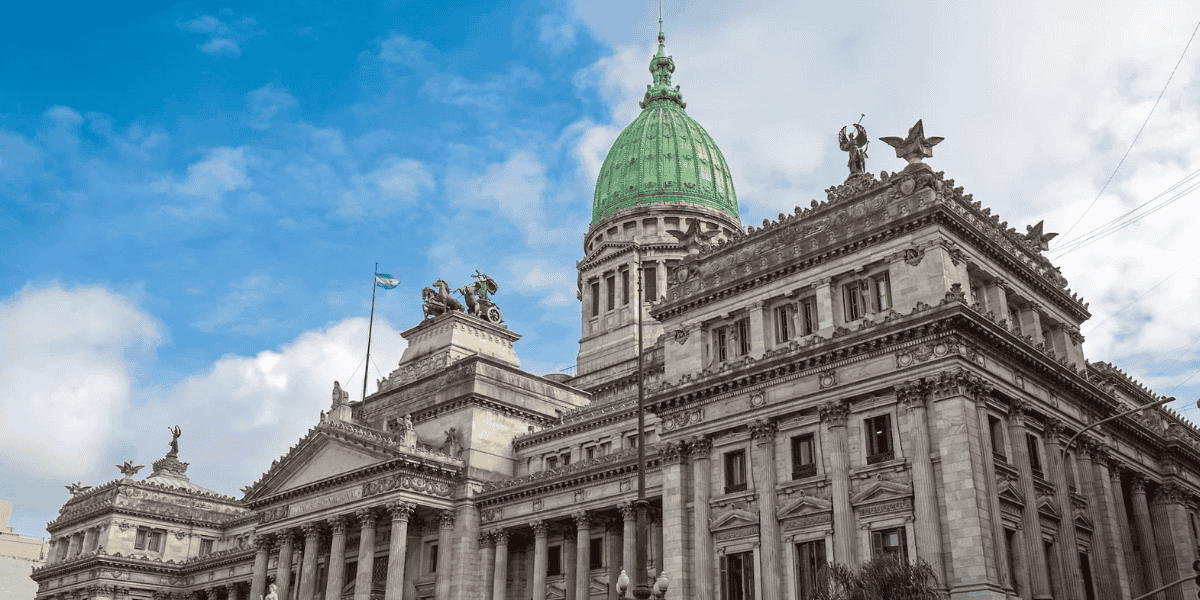On 4 December 2018, Argentina enacted Law 27,430 (the Act), which contains proposals for the implementation of the tax reform.
The law introduced the taxation of indirect transfers of assets located in the country, pointing out that transfers within the same economic group are not taxable. In order to benefit from the exemption from the “economic group”, the law requires that non-residents directly or indirectly comply with a participation threshold of at least 80% for two years before an indirect transfer. If subsequently sold to a third party, the tax cost basis would be equivalent to the cost basis of the original acquirer of said shares.
The law also contains transfer pricing provision including the functional analysis required for foreign intermediaries participating in the import and export of goods to or from Argentina; guidelines and parameters for the application of TP methods; and documentation requirements, including the local file, master file and CbC report. With regard to the analysis of foreign intermediaries, the law would provide the following aspects for importers and exporters: (1) existence of an actual presence in the country of incorporation, in compliance with legal and tax requirements; and (2) an assessment of the functions performed, the assets used, and the risks assumed. In addition, remuneration that is treated as commissions must be related to actual involvement in the transaction.
The law would clarify that 30% of the earnings before interest, taxes, depreciation and amortization limit may not apply to interest subject to withholding tax, even when the provisions of a tax treaty (e.g., reduced rates or exemptions) apply.













